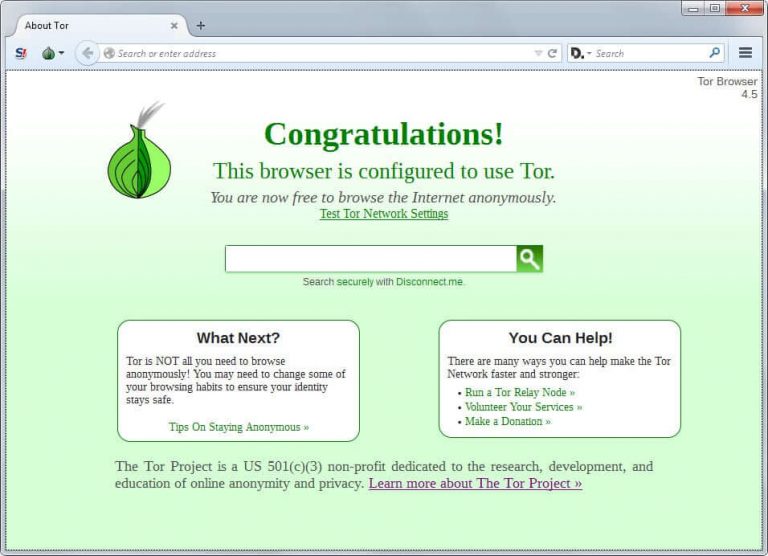
However, the question remains: how can the average user access the deep web without compromising their safety? Hopefully, by now, we've debunked the myth that all dark web browsing is somehow related to illegal activity. Some search engines like DuckDuckGo have hidden servers that run on the dark web. Many people choose to conduct their conversations via the dark web because it offers a better chance of a thread remaining untraceable and unseen by prying eyes.

Most people access parts of the deep web every day without even thinking about it: the messages in your email account, private messages on Facebook, and many other routine internet actions are considered to be part of the dark web.īecause such a large amount of data comprises it, it's hard to estimate the size of the dark web or the percentage of the internet it makes up, but suffice it to say that it's big.


It also applies to pages that do not have permanent URLs. This includes content that paywalls block, or that is password-protected. The concept behind the deep web is pretty simple: it's the part of the internet that cannot search engines cannot find. The "Dark Web" (sometimes referred to as the "deep web") doesn't, in actuality, refer to anything particularly nefarious.

You can also read our review of NordVPN here.īy now, most people are aware of the "dark web," but few are aware of what it means. Click here to get access to NordVPN for iPhones and iPads. They don't retain logs of their user's activity, have great server coverage across the globe, and are incredibly affordable. This is an additional security measure that can keep you safe while you navigate the unknown parts of an almost entirely unregulated portion of the internet. WARNING: It is highly recommended that you use a VPN (virtual private network) to hide your IP address and personal information when browsing the dark web.


 0 kommentar(er)
0 kommentar(er)
